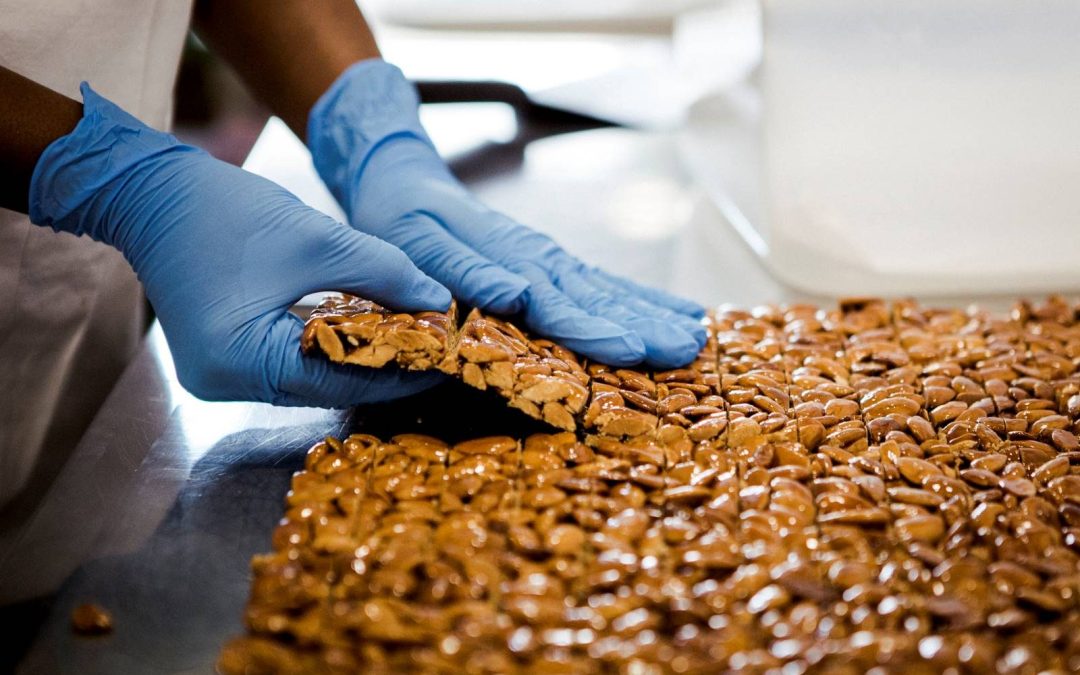Aruci, when desserts are good for health
Dry fruit is one of the most typical expressions of the Sicilian cuisine. Sood will tell (and propose to the market) different versions.
Almond, pistachio, hazelnut are millennial trees originated somewhere in the East side of the world. Arriving in Sicily, probably, through the Phoenician’s traffics.
Sicily is the place where most of the half of these goods coming from Italy are produced.
More or less, it is from those ancient times that is known how good these products are for health (here you will find something else). It is from those ancient times that their goodness is appreciated; especially in the hundred thousand versions they are presented to our tables, as mixed with flour, honey, sugar and as fruits from our garden. And it goes on.
Now we are in the 2000’s. One of the characteristic of this time – perhaps unsuitable – is that the youngsters unlearn what our ancestors knew how to do something. In the art of cooking this is a matter of concern.
So, any attempt to save history has value. Especially when tradition knows how to mingle with innovation – this sentence is abused, but not so banal.
This premise is general.
Sood wants to talk and wants to sell products that have this identity. For this reason we bring you into the shop of Aruci.
In which a sister, Melissa, who tells what her brother, Nanni, does.
There are about twenty products, more or less, which are made by hand, cooked slowly in an oven and based on raw materials from those same places where the goods are produced; just to mention some of them: Ispica, Rosolini, a little further Modica (city of chocolate), and Scicli and Noto; fertile lands, land of sea and hills, which have maintained the tradition of producing what all that the various foreigners landed on the island over the centuries have had in their hearts to plant.
Every morning Nanni gets his hands dirty of that history. And of those flavours.
What comes out?
La Giuggiulena, a delicacy made with sesame. Sesame which is a bizarre seed, coming from India, is present in a lot of Chinese recipes; China that hold the leadership in terms of production. But sesame in Sicily is produced at Ispica. And to preserve its essential characteristics, and its nutritional properties it must be collected and dried naturally. An expensive process, of course. Which only few people do. Among these there’s Nanni who does not buy industrial sesame. That pays the peasants who saved native varieties from extinction. The same few people that even love sesame for the bizzare composition of the plant: it is in fact a small jewel of engineering and architecture of nature. The seeds are contained within the pods after the flowers dried and there are 84 of them per pod, exactly 21 seeds for each of the 4 hulls that compose the pod. Wonderful.
But the things we are discovering at Aruci do not end here. For example, there is carrubba, a product rich in fiber, with slimming, astringent and anti-bleeding properties. It has been the base of many recipes in the past and today reused by Aruci to make cookies and snacks.
And then almond pastries, nougats, biscuits. Try and experience the lightness of handmade products. The ones that like all derivatives from the elements of the Mediterranean Diet combine taste and flavour.
Good discovery

